- August 14, 2020
- Car Accident
It happens almost overnight.
Your child goes from being a child to a teenager who’s ready to jump behind the wheel.
For most teenagers learning to drive can be a sort of rite of passage.
You probably don’t want to take away the feeling, but you want them to understand that this isn’t about learning a new skill that will bring them one step closer to adulthood, it’s about safety.

Road Safety is a serious issue as vehicle accidents can result in untimely deaths.
Here are a few ways to approach talking to your new driver about Road Safety without making them too afraid to drive.
There’s a delicate line to walk, but you can do it with the proper approach:
Table of Contents
Use Stats and Facts to Help Support Your Lessons
Parents reference their teenagers ignoring them because their teen feels that their Insight is outdated, or that they’re only telling them things to get a specific reaction.
Some of that is undoubtedly true; you can back up your lessons with relevant stats and facts from reliable sources.
You can acknowledge that in 2017, over 300,000 teenagers were treated for injuries related to car accidents in emergency rooms.
Additionally, about 2,300 teams in the US died in 2017 because of vehicle crashes.
Crash risk is extremely high and the first few months after obtaining their license, and they should be extremely careful during this time because they have some experience but not enough to make decisions to avoid a crash in split seconds.
Before a driving lesson, brush up on a few statistics relating to the lesson you’re giving that day.
If you are starting freeway driving, look up the number of accidents on the freeways in your area.
If you’re doing inner-city driving, look at accidents related to bicyclists and pedestrians that are ever-present dangers in the city.
Go Beyond The Learners Test
The learner’s test is a challenge, and most adults have been driving for years can’t pass it on the first try.
It isn’t just that adults get complacent after years of driving, is that a lot of these questions focus on elements that drivers can’t quantify when they’re actually behind the wheel.
For example, it’s suggested that drivers check their mirrors every five to eight seconds.
Certainly, there aren’t many drivers at all who count to five and check their mirrors and then count to five again and check their mirrors again.
Additionally, most drivers don’t try to estimate the number of car lengths between their vehicle and the one in front of them.
So, you need to go beyond the borders test.
It is not enough to answer these questions correctly, and the teen needs to implement these actions while driving.
Before you have a driving lesson, sit down and have a chat with them, talk to them about the differences between book work and understanding your learner’s test, and putting those lessons into action.
Ask them about their concerns and how confident they feel and using these rules on the road.
Teenagers are often overwhelmed with the information they’re giving about driving, and it can lower their self-confidence and lead to hesitation in decision-making when it matters most.
Questions and Exposure
The internet has given teenagers two things.
First, many teenagers feel that when they have a question, they can go to Google instead of their parents.
Emphasize that you are available to answer questions about driving and accidents.
Second, most teenagers have seen viral crash videos, and maybe even fatality videos.
Exposure to serious injury and even death can drastically impact someone’s view on driving.
It’s true that injury and fatalities are serious risks and are the reality of driving.
If your teen has seen these videos, bring that into your discussion.
Start Your Resolution Discussion With A Richmond Car Accident Attorney
Almost everything we do is a learning experience for our teens.
That means when we are in an accident, and our teenagers are looking at us to see what we do and how we handle the resolution process.
If your teen is learning how to drive, it could be the right time to show them how to handle crash resolution and how to ensure that you get proper compensation.
Explain the process of exchanging information and what they should expect from another driver at a crash scene.
Then take care to explore the Alternatives, what happens if they encounter an aggressive driver or a drunk driver.
Finally, make sure they know to contact a local Arkansas car accident attorney the handle the insurance companies involved in the resolution process.
At Keith Law Group, we take great pride in serving the Rogers community.
Rogers Motor Vehicle Accident Attorney
Practice Areas
- Car Accidents
- ATV Accident
- Car Manufacturing Defects
- Catastrophic Injury
- Distracted Driving Accident
- Drunk Driving Accident
- Fatigued Driver Accident
- Head And Brain Injury
- Hit And Run Accident
- Motorcycle Accident
- Reckless Driving Accident
- Roof Crush & Rollover Accidents
- Scooter/Moped Accident
- Tire Defects
- Truck Accident
- Uber Accidents
- Underride Accident
- Uninsured Motorist Accident
You Pay Nothing Unless We Win Your Case!
Testimonials
Do You Have A Case?
Expand Your Legal Knowledge

Choose Us For Your Personal Injury Case
- Available 24/7
- No Upfront Fees
- Free Case Evaluation
- No Fees Unless We Win!














